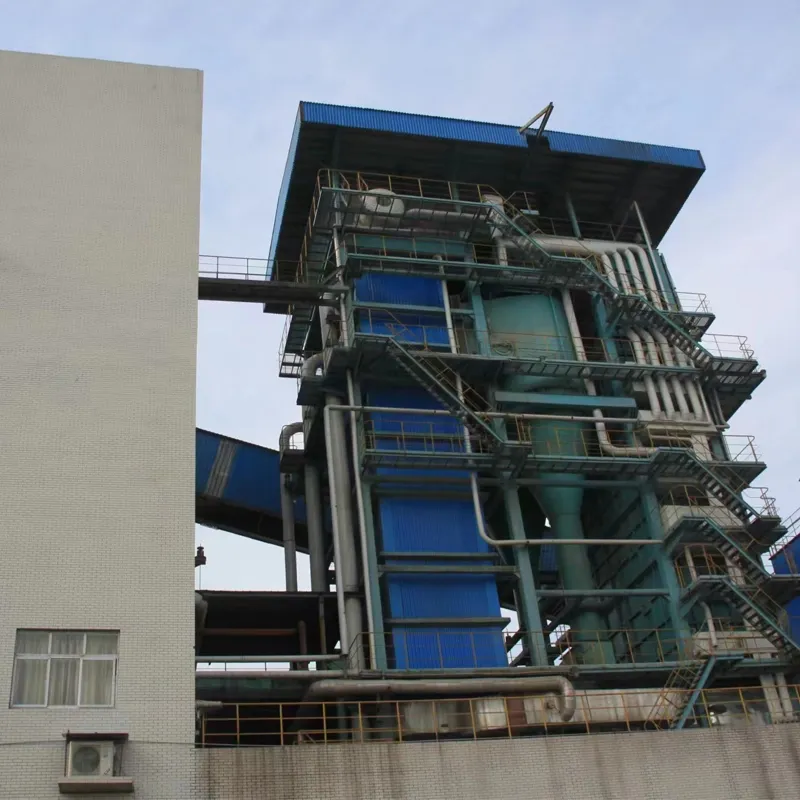water boiler
Understanding Water Boilers Essential Components and Benefits
Water boilers play a pivotal role in various applications, ranging from residential heating to industrial processes. These devices are designed to heat water for various purposes, providing essential services in homes, businesses, and manufacturing plants. This article explores the key components, types, and benefits of water boilers, shedding light on their significance in modern society.
Key Components of Water Boilers
Water boilers consist of several critical components that work harmoniously to generate heat and deliver hot water efficiently. The main components include
1. Heat Exchanger This is the heart of the boiler, where heat is transferred from the fuel source or electrical element to the water. Efficient heat exchangers are vital for maximizing energy efficiency.
2. Burner In gas or oil boilers, the burner ignites the fuel and creates flames that heat the water. The design and efficiency of the burner impact the overall performance of the boiler.
3. Water Tank This component holds the water that is heated and distributed. The size of the tank depends on the needs of the application, with larger tanks suitable for commercial uses and smaller ones ideal for residential purposes.
4. Controls and Thermostats These systems regulate the temperature and pressure within the boiler, ensuring safe and efficient operation. Modern boilers often come with digital controls for enhanced precision.
Types of Water Boilers
There are several types of water boilers, each tailored for specific applications
- Combi Boilers Compact and efficient, combi boilers are popular for residential use. They provide hot water on demand without the need for a separate water tank.
water boiler

- System Boilers These are ideal for homes with multiple bathrooms, as they store hot water in a cylinder and ensure a steady supply for various fixtures.
- Conventional Boilers Also known as regular boilers, these systems require a separate hot water cylinder and are best suited for larger homes.
- Industrial Boilers Used in manufacturing and large facilities, industrial boilers are designed for high-capacity heating and can use various fuels.
Benefits of Using Water Boilers
Water boilers offer numerous advantages, making them a popular choice for heating needs
1. Energy Efficiency Modern water boilers are designed with advanced technology to optimize energy consumption, leading to significant cost savings on utility bills.
2. Space-Saving Solutions With various sizes and designs available, water boilers can be installed in tight spaces, making them suitable for small residential areas or large industrial settings.
3. Consistent Hot Water Supply Water boilers ensure a steady supply of hot water, which is essential for domestic use, commercial cleaning, and industrial processes.
4. Environmentally Friendly Options With the rise of eco-friendly technologies, many boilers now utilize renewable energy sources or high-efficiency systems that reduce carbon emissions.
Conclusion
In summary, water boilers are integral to contemporary heating solutions, offering efficiency, reliability, and versatility. Whether it is for home comfort or industrial applications, understanding the components and benefits of water boilers can help consumers make informed decisions about their heating needs. As technology continues to evolve, we can expect even greater innovations in water boiler systems, making them an essential asset in our everyday lives.
-
Top Electric Steam Boiler Manufacturers for Industrial EfficiencyNewsJul.28,2025
-
Top Electric Steam Boiler Manufacturers | Industrial Solutions & CustomizationNewsJul.27,2025
-
Top Electric Steam Boiler Manufacturers | Industrial Steam SolutionsNewsJul.26,2025
-
Top Electric Steam Boiler Manufacturers – Reliable Industrial SolutionsNewsJul.25,2025
-
Top Electric Steam Boiler Manufacturers – Reliable Industrial SolutionsNewsJul.24,2025
-
Top Electric Steam Boiler Manufacturers – High Efficiency & ReliabilityNewsJul.23,2025

